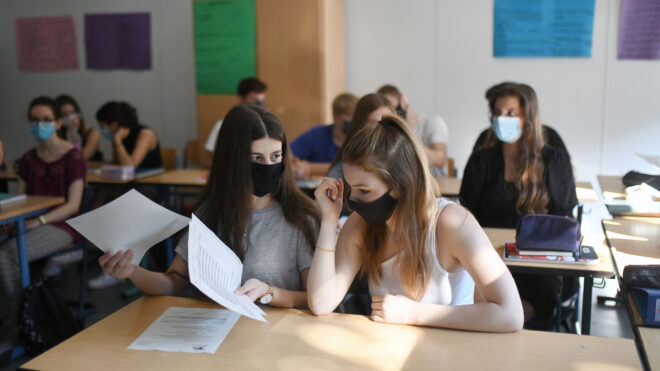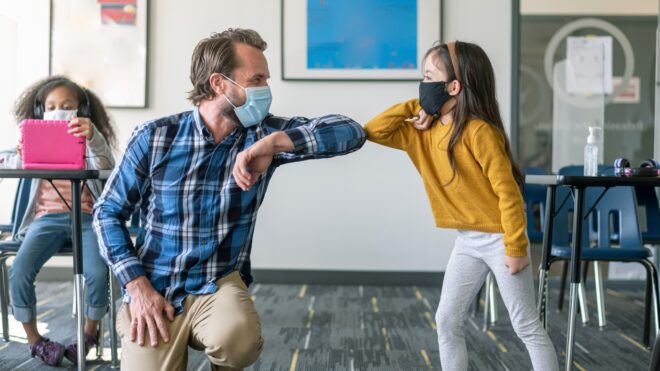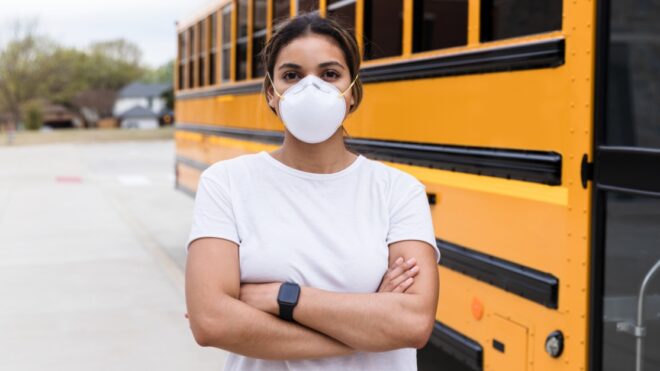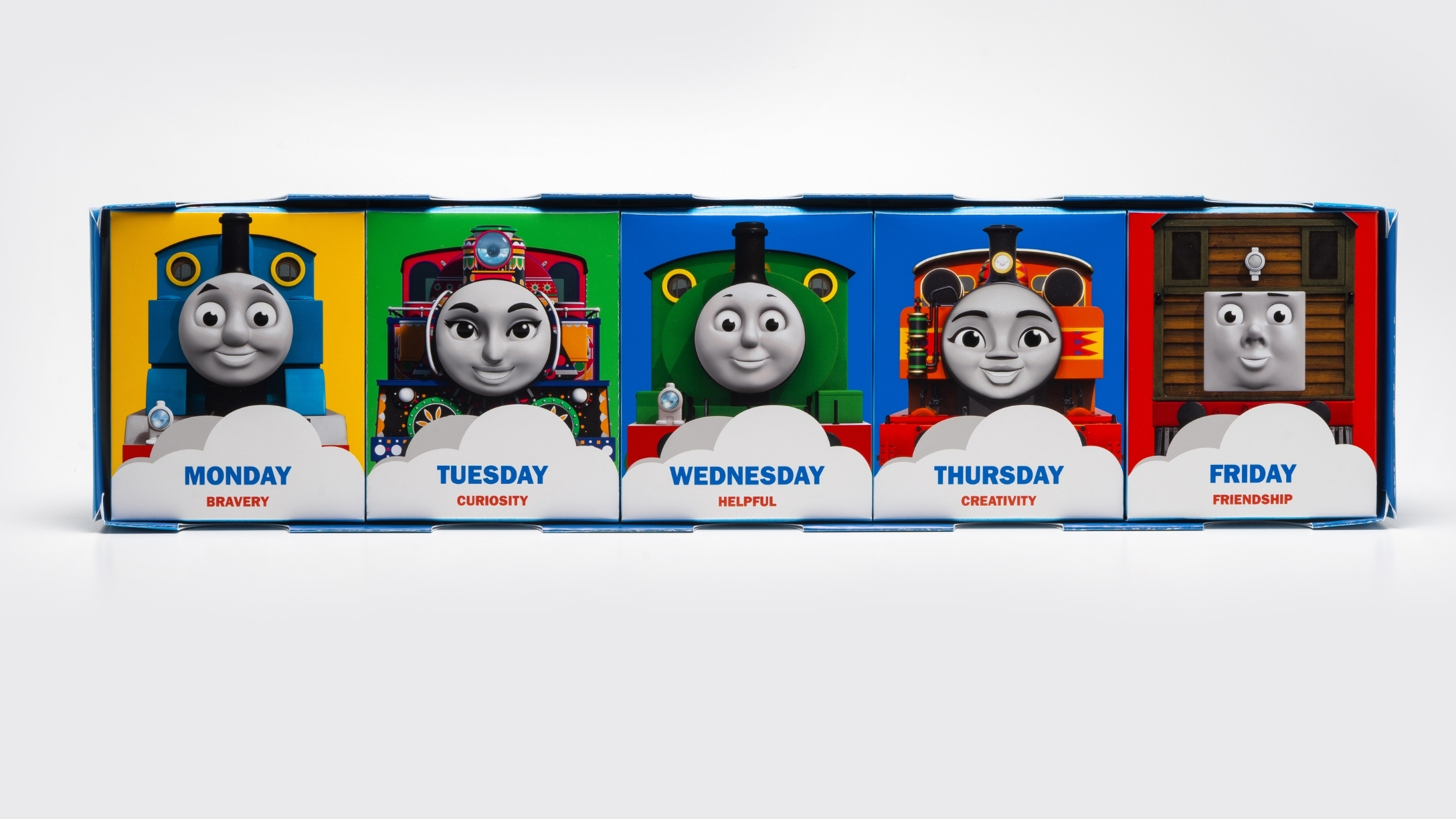
With the new school year approaching, many families will see their toddlers in school or day care for the first time. Parents are eager to see their kids get back to in-person learning. Over the last year, it's become clear how the socio-emotional well-being of children has been impacted from all their time at home.
Now Mattel wants to help parents navigate the return to the classroom using some classic, beloved characters: Thomas & Friends. Mattel is introducing the Thomas & Friends Friendship Set, featuring Thomas and four of his buddies. Each train represents a different day of the week and back-to-school skill kids can work on with their parents. The idea was created with the help of Lee Scott, a child development expert and educational advisory board member for the Goddard School.
"Learning, while important, is not the main concern in 2021 — the big concern is children's social-emotional health and well-being. The Thomas & Friends brand will not only be a companion for children, but also teach them important attributes along the way,” Lee shared.
"These daily playful activities focus on essential social-emotional skills while supporting your child's school readiness with a little fun as you plan your back-to-school routines."
LittleThings spoke with Lee about the different skills kids are learning, how they apply to back-to-school, and how parents can encourage them no matter what kind of kid they have.
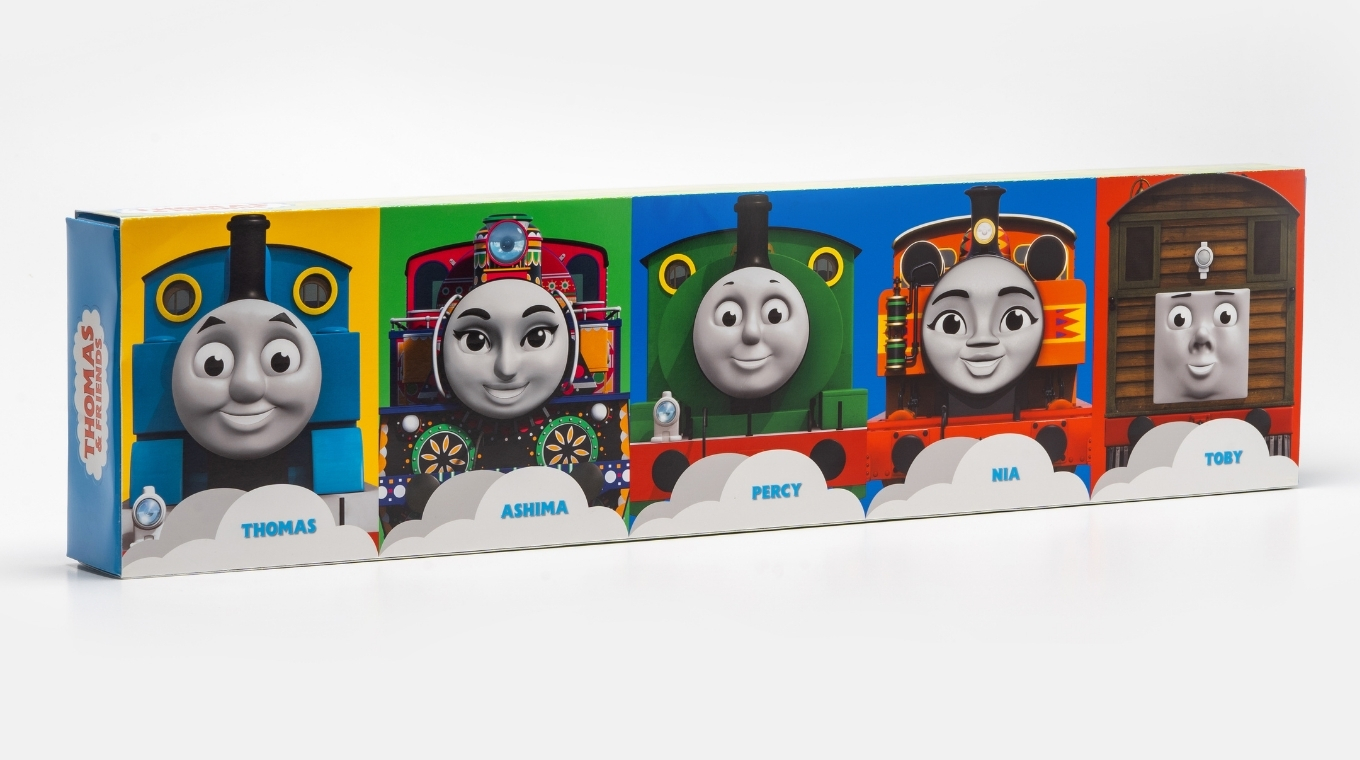
The Thomas & Friends Friendship Set, which parents can enter for a chance to win through August 15, helps kids work through different concepts that will help them throughout the school year with familiar and fun characters with distinct personalities.
Parents work with kids on these themes ahead of the first day to help build their confidence. Start by just talking to your child about the first day and what to expect.
"When going back to school isn't a surprise, it helps kids plan and anticipate what's going to happen. You can help your child by relating about things like seeing friends or playing on the swing," Lee shared.
"What I love about the kit is this Friendship Set really does give parents — and, of course, the children — ideas about how to [build confidence], and I think that's going to be really important. So having that conversation or continuing those conversations about what to expect really helps build up that self-assurance, self-management skills, and self-awareness."
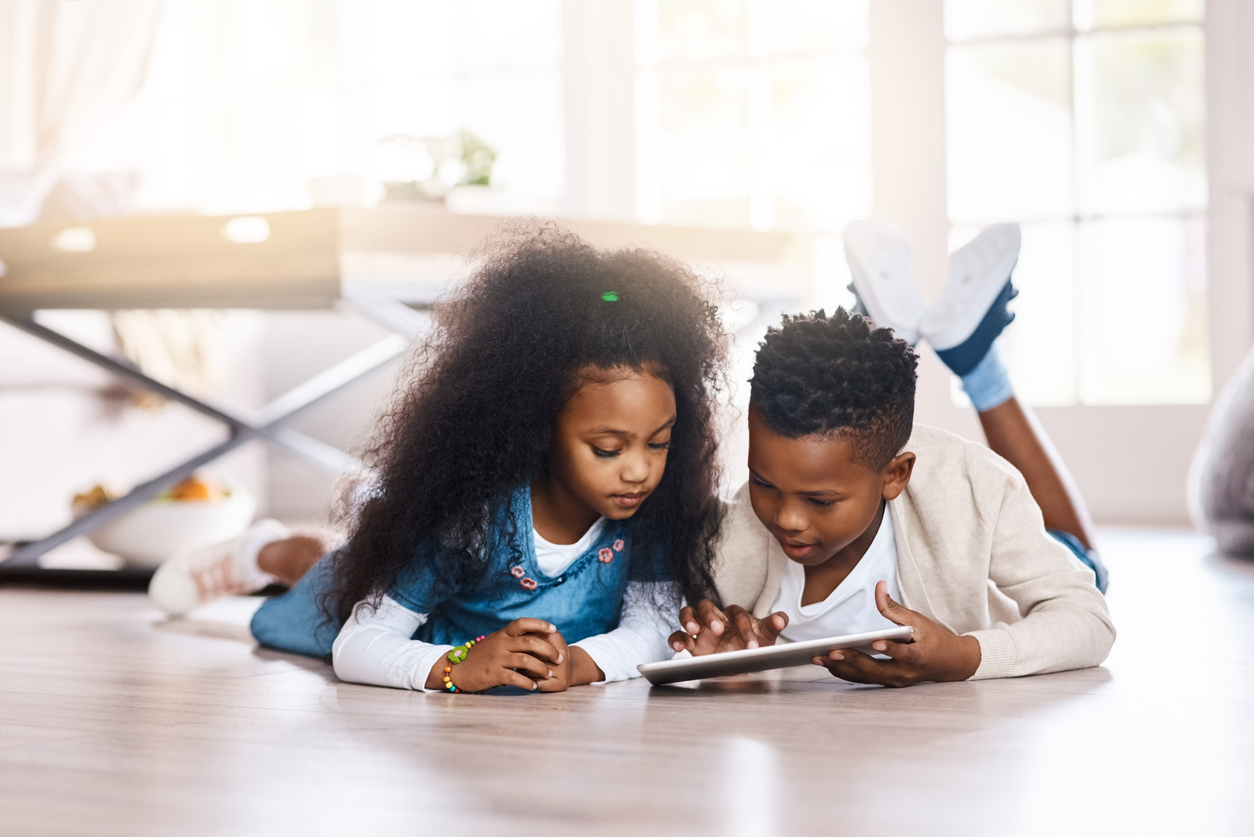
One of the themes the set touches on is building a positive kind of curiosity in children. Lee notes that curiosity is an important part of a child's social-emotional skill set.
"Curiosity is a great way to really develop social-emotional skills. Children are natural curious scientists, curious explorers," she noted.
One of Lee's suggestions is to encourage your kids to ask questions in a more curious fashion. Instead of asking members of the family what their favorite color is, for example, ask them why it's their favorite.
"And so the child starts learning how to ask questions that are social and fun," Lee advised, "and that carries through to school as well and helps them find out about their friends."
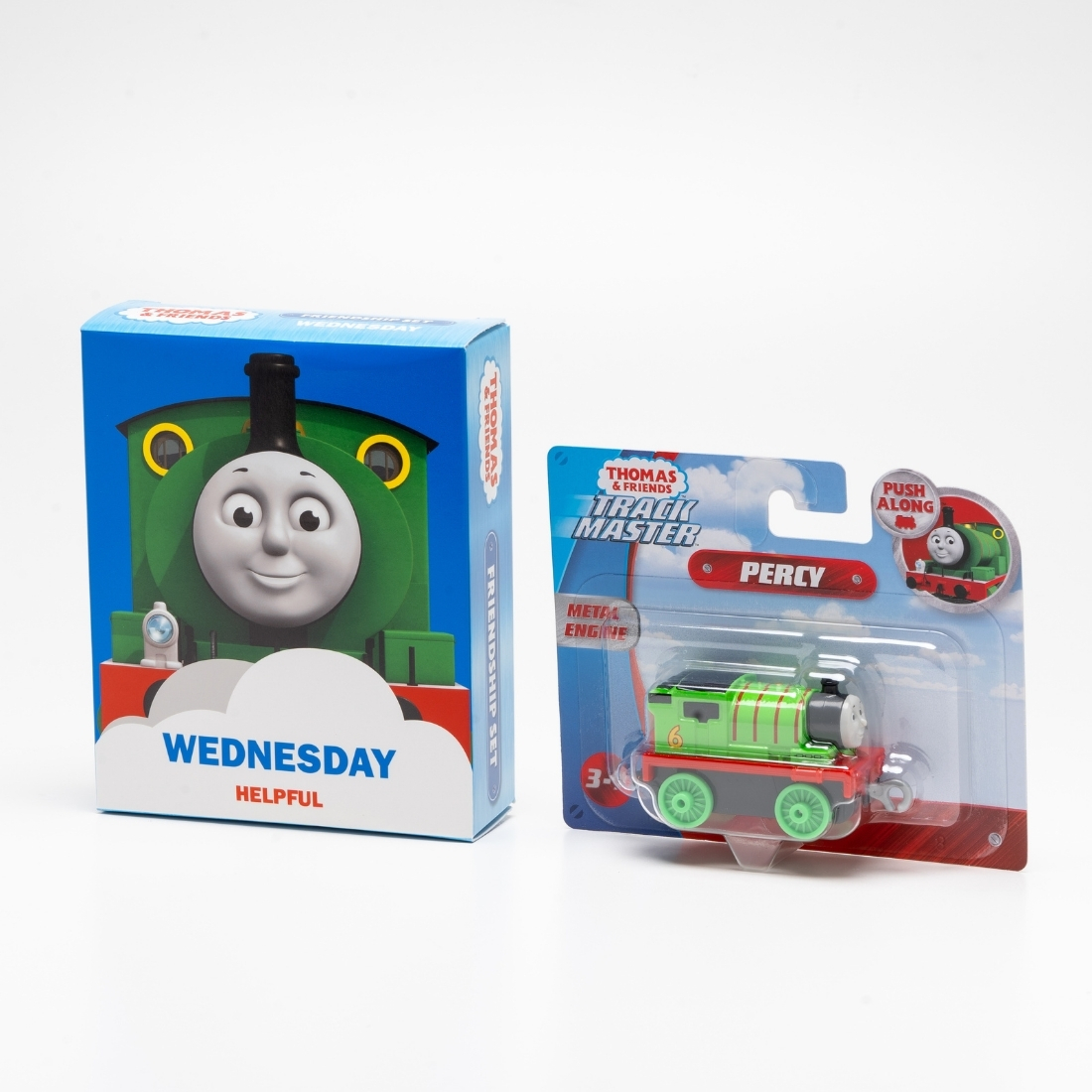
Decision making is another area of focus. Not all kids are particularly decisive, but that's another skill that you can expand on through play and day-to-day activities.
"One of the things that I think is really important is to do things within the scope of what that child is capable of. So I wouldn't, for example, give a toddler a three-step direction, but I might give them a two-step direction, and as they grow older, you add the steps in the direction."
Lee explains that the same concept applies to decision making. "So the great thing about back-to-school is that there are a lot of opportunities to make decisions," she said. "Things like, 'What do you think we should have in our backpack?' — just one decision. 'Maybe I should have my hat.' 'OK, that sounds good. What else?' And so you kind of keep adding on."
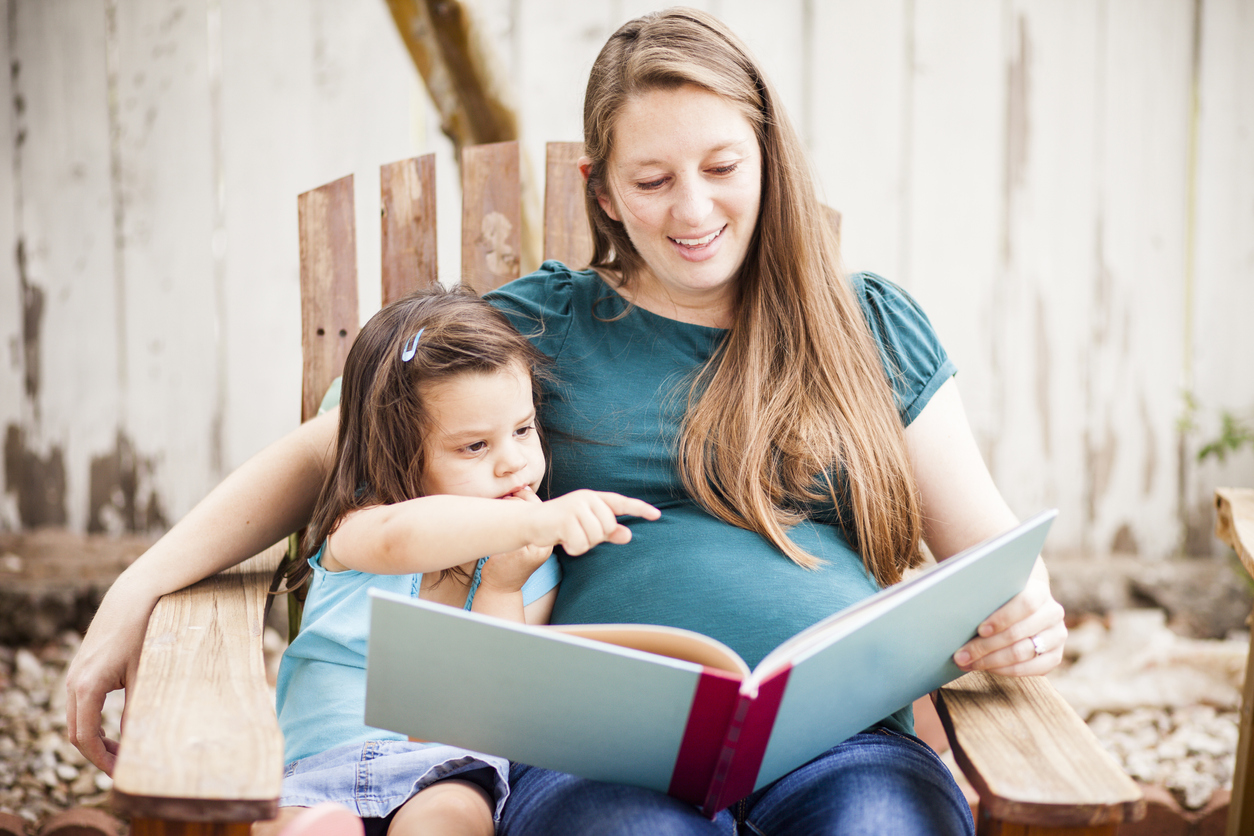
Approaching these decisions in a step-by-step fashion helps your child think about the answers they're giving and why they're giving them instead of spouting just anything.
"So the child is actually giving an answer, thinking about back-to-school, what things might I need?" Lee said.
"A great time to do it is to play the game of 'What's next?' So getting a child to talk about their routines, for example. They're getting used to the new back-to-school routine. So we get up in the morning, and what's next? We're gonna jump out of bed. Are we gonna make our bed? Or are we going to go into the bathroom and wash our face? What's next?"
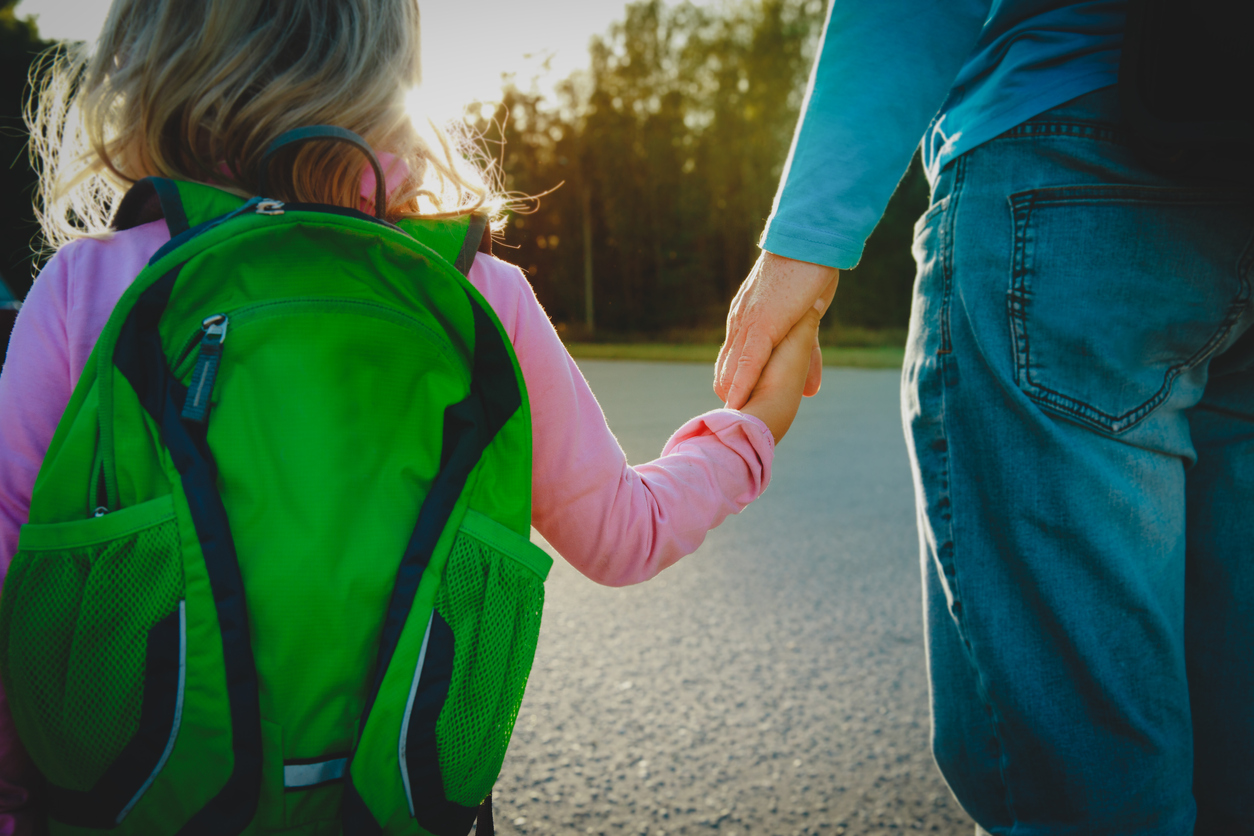
"Again, the child is making that decision," Lee emphasized.
"The decision making is simple, small choices and playing the kinds of games that will help that child develop some critical thinking of their own, in terms of the back-to-school routines and building on their strengths about making decisions."
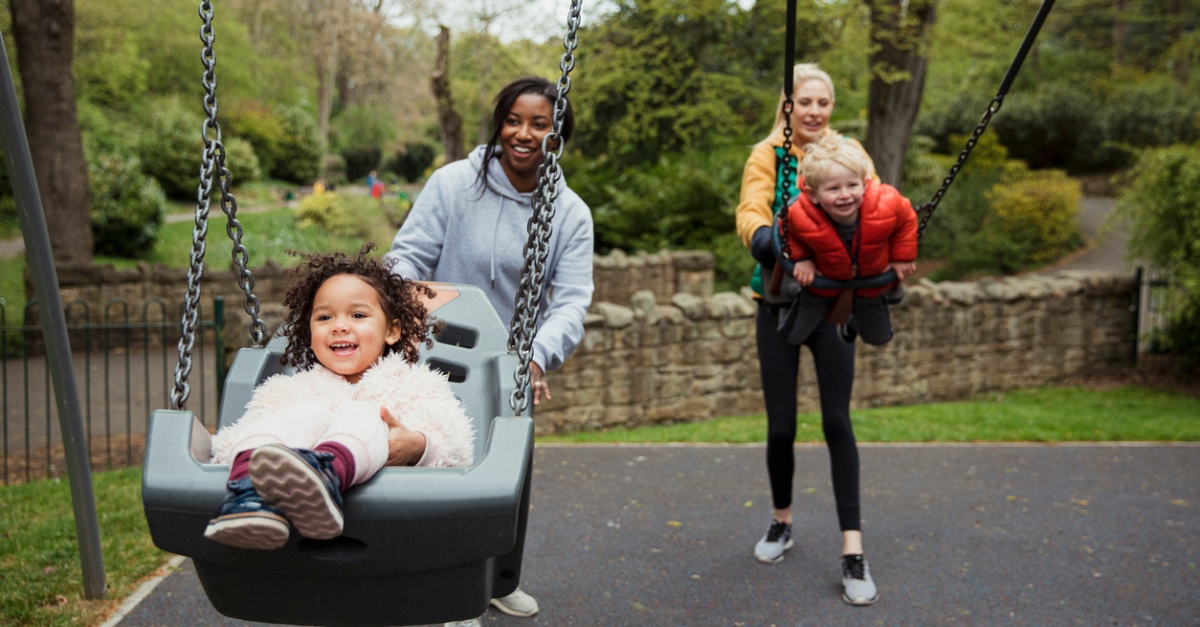
Lee also touched on making friends and building relationships, a skill many kids will be tackling for the first time. Certainly, it comes more naturally to some than others. Lee assures that through play, you can also help build these skills in a child who isn't a social butterfly by nature.
"I think right now our research is showing that mental health and well-being, as social-emotional skills, come right at the top," she noted.
"I have always said in my work that parents want three things. They want their children to be safe, happy, and learning."
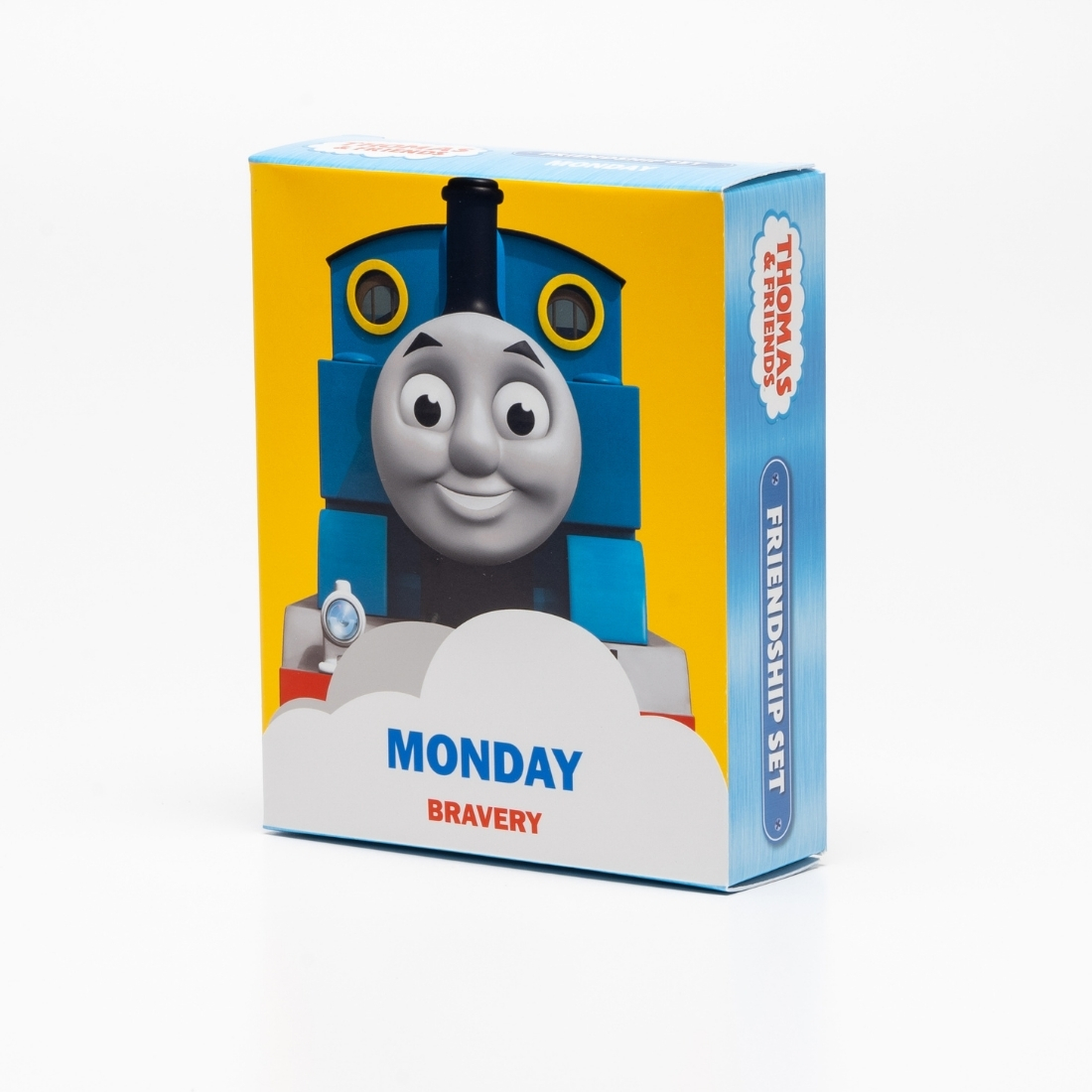
"Those three things always juggle in terms of priority. But right now academics is taking a little bit of a backstage. Health, well-being, and happiness are so important, and parents tie that to making friends," she continued.
"Of course, who better than Thomas? He has millions of friends over the world. But what I love about it is the way that Thomas and the engines share their struggles, share their thoughts, and that really helps children learn through characters. And that narrative is a great way to begin, talking about how to make friends and be a friend, have friendships with others."
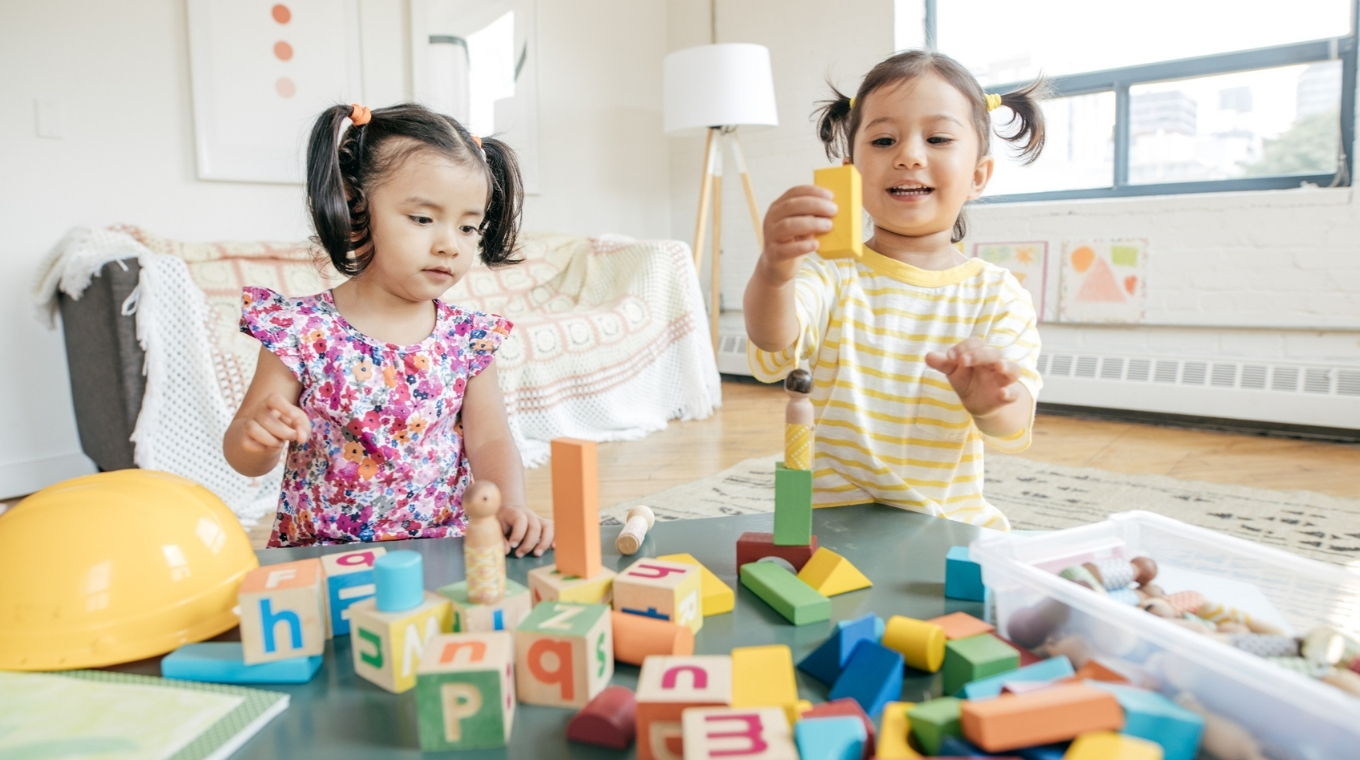
"Another way to do that, besides learning through characters, is to set up small playdates, which could be in person or virtual, and setting up something that's around what the children are interested in," Lee suggested.
"So if you have two children and they both love Thomas, that would be a great way to set up the playdate. Setting up a playdate … with high-interest things is key, because then, especially for the virtual, the kids will want to engage, and that small group helps translate to larger groups because they've started to build their own self-confidence around sharing with others."
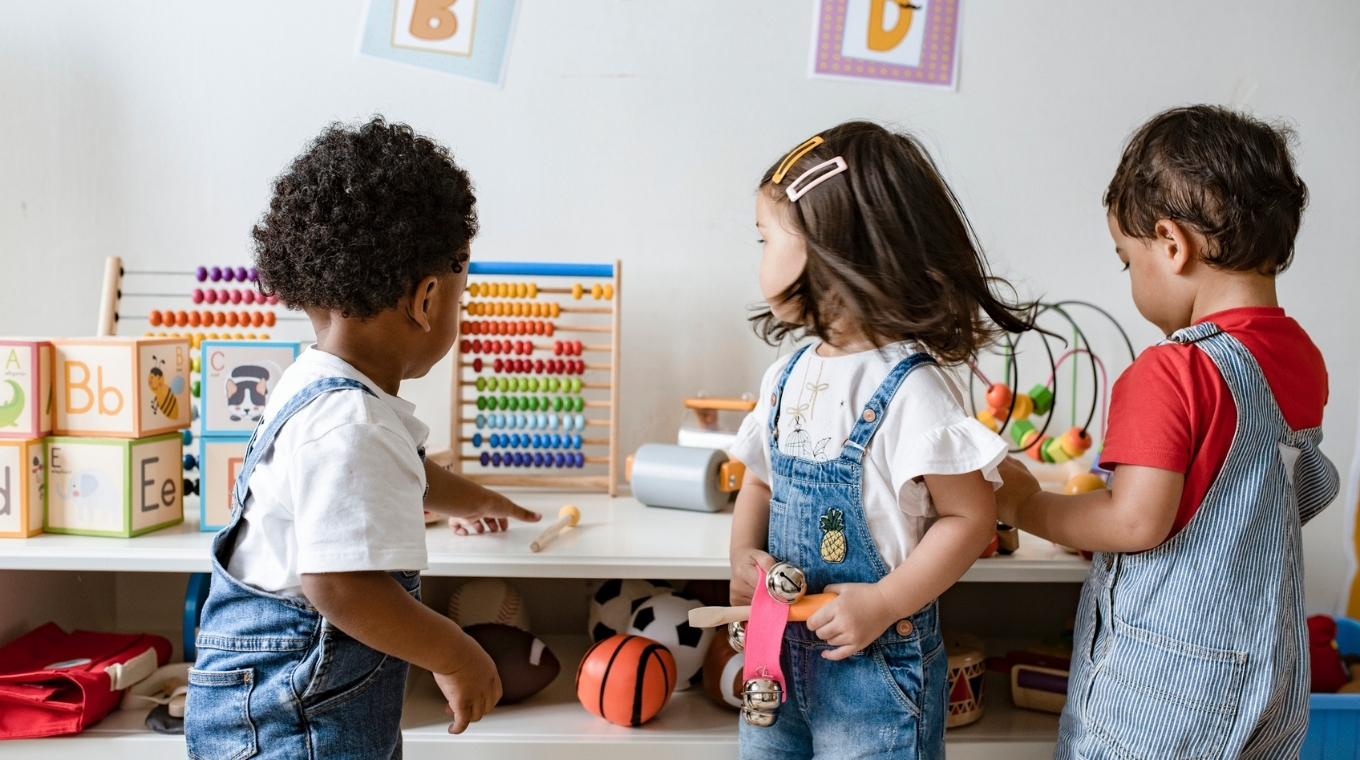
"Of course, with a toddler, sharing goes out the door," she laughed.
"Some good old-fashioned parallel play, that's fine, too. They just get used to having others around them."
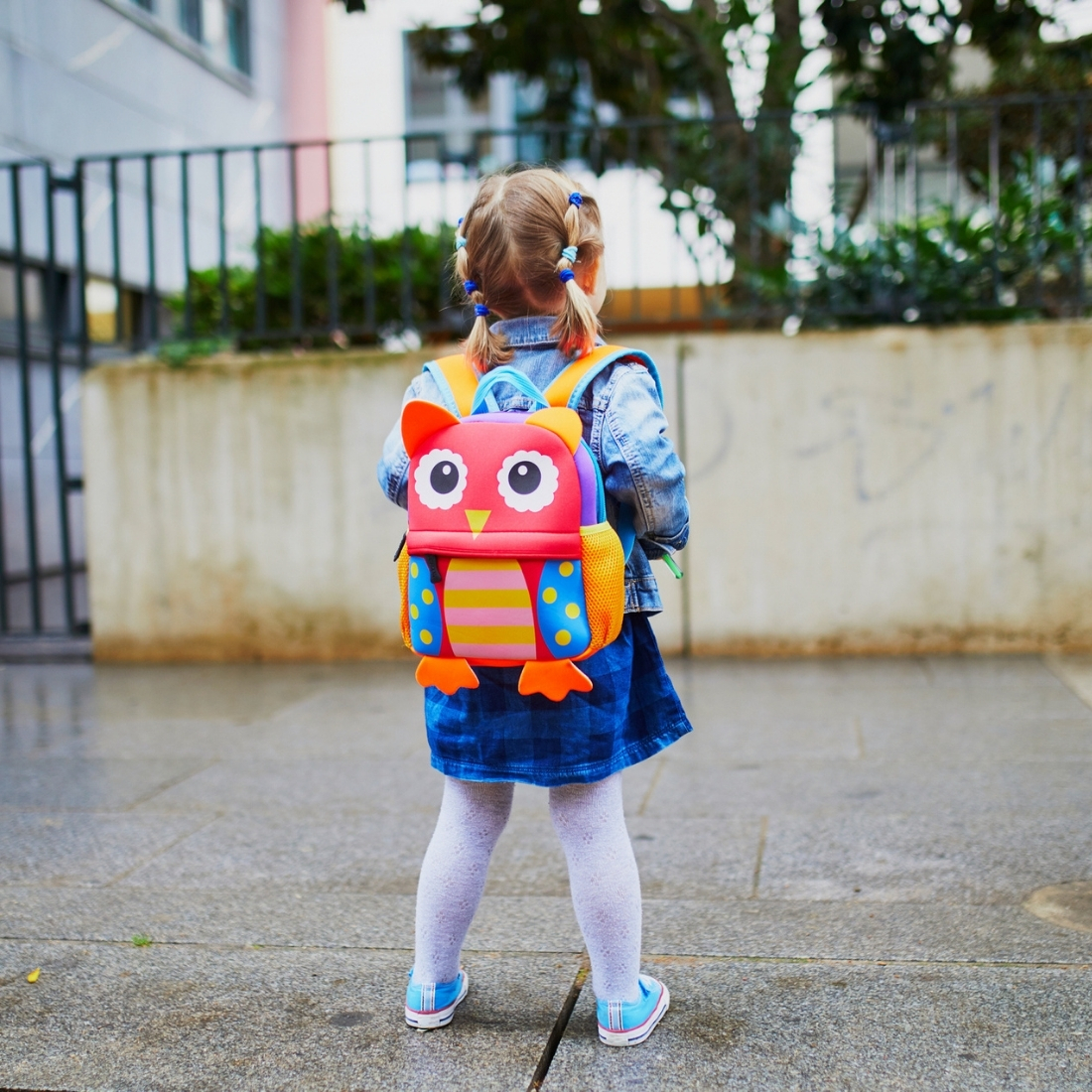
Parents will see changes in their toddlers, and toddlers will experience a lot of change. Lee suggests storytelling to help everyone navigate this time.
"I love the use of storytelling to help parents around changes. Anticipating what's going to happen really helps toddlers," she noted.
"You'll find it when children get back to school, there might be some struggles in the beginning. A little bit of separation anxiety, like, for example, 'I want my mom near me,' or 'Where did mommy go?'
"So setting up routines around how mom says bye, you know, bye-bye time, that kind of thing is going to be really helpful. Remember, safety is a big thing that helps children grow, because if they feel safe in their environment and they know who's around them, then they can learn and play, and they're happier."
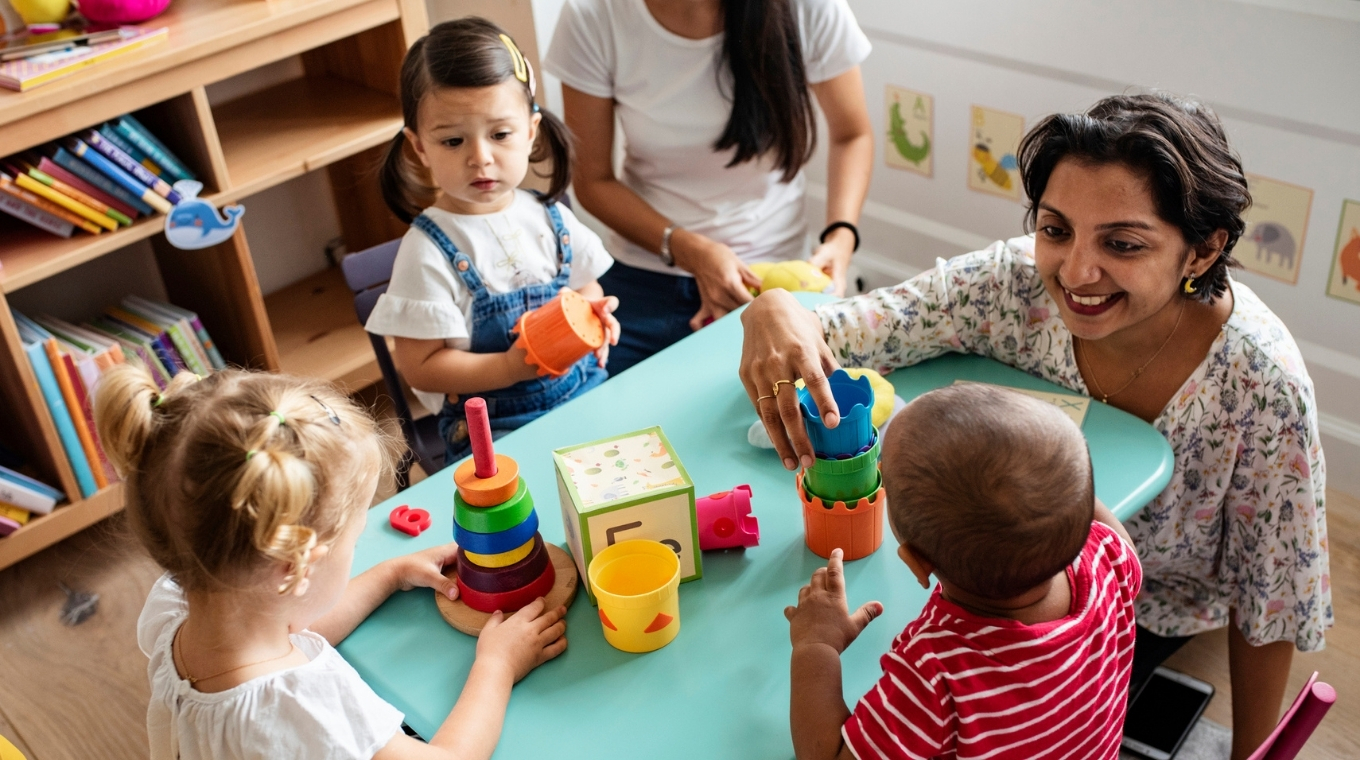
Some parents worry these concepts are too big for their toddlers, but you'd be surprised. It's the perfect time in their lives and development to get started.
"These are the foundational years. And so if we start early, we have a better chance of really helping that child be successful in school and life in general," Lee said.
"Because those those five core skills of self-awareness, social awareness, relationship skills, responsible decision making, and self-management, those are also important. They're almost … equally as important as knowing your shapes colors and letters, because those are the things that a personality builds from."
"It's easier to teach them now than teach them through rules and and structure later."

